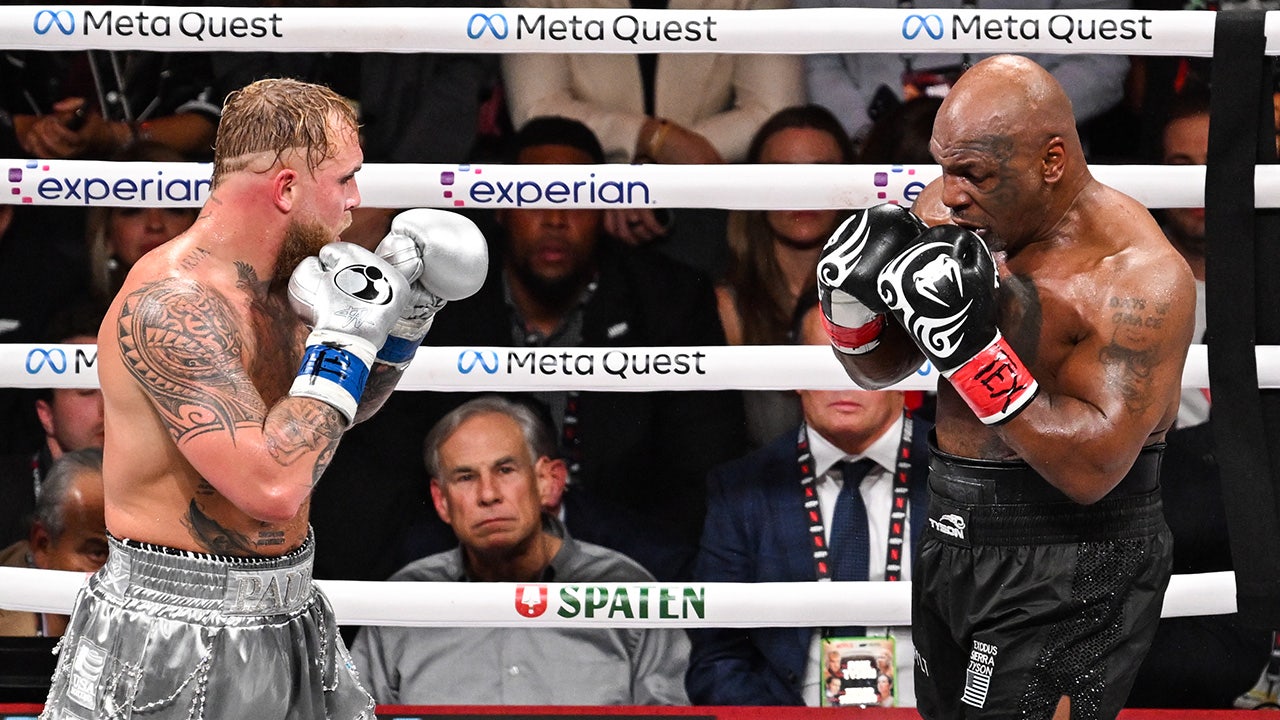Before this year, the most recent deed for the Point of Rocks Colored Cemetery was from 1879 — when the cemetery was established.
In February of this year, 146 years later, a Maryland Circuit Court judge granted a quiet title — which establishes clear and undisputed land ownership — to descendants of people buried in the cemetery. The descendants have been maintaining the property for over 20 years.
The original deed was recorded on Feb. 3, 1879, by William Whalen Sr. and other trustees of the Colored Methodist Episcopal Church, which may have been on the plot adjacent to the cemetery.
Whalen died in 1916. According to descendants of people buried in Point of Rocks, the nearby church might have burned down or been torn down; it's unclear what happened to it.
Circuit Court Judge Kathleen English ordered on Feb. 18, 2025, that Donna Nelson and Eric Ashby-Bey, who are related and descendants of people buried there, be given the rights to the property.
The cemetery — about a half-acre — contains graves of veterans from the Civil War, World Wars I and II, and the Korean War. Generations of families, including mothers, fathers and their children, are buried there.
Ashby-Bey's grandmother, Edith Bowins Proctor, was the last person buried in the cemetery in 1989.
Obtaining the deed
Nelson said in an interview that her work to legally obtain the deed began in September 2023 when she contacted the Black Cemetery Network, which works to raise awareness about the erasure of Black cemeteries throughout the country.
Nelson and Ashby-Bey had support from lawyer Stephanie Franklin, the founder, president and CEO of Baltimore-based firm Franklin Law Group, who has worked pro bono since January 2024 to help the descendants acquire legal rights to the property.
In an interview, Franklin said the work of Nelson, Ashby-Bey and other descendants has been "amazing."
"This is one of the few historic Black cemeteries that I've seen across the country that has been well maintained," she said. "It's well maintained because of the love and the care that the community and the descendants of those who are buried there have done for centuries."
Franklin said the property did not go through Maryland's Orphans' Court for a few reasons. The Orphans' Court handles probate law and presides over the administration of estates.
She said a will for Whalen might not have been drafted or filed, or trustees of the church might not have had an agreement on what would happen to the property.
Additionally, Franklin said, if trustees of the church did have an agreement on the property's succession, it might not have been filed.
Nelson, Ashby-Bey and their relatives Kenneth "Sonny" Parker and Barbara Freeland are all descendants of people buried in the cemetery.
Freeland said in an interview that the four were all members of Pleasant View United Methodist Church. She said Parker asked if the family members would pay $300 per year "for the upkeep and the maintenance of the cemetery, and some of the graves" that were unmarked.
"We all took pride in making sure that our relatives would be remembered, that they weren't just lying there and no one knew where they were," Freeland said. "So, it's been an effort of love from everyone that's been on the committee."
Ashby-Bey said Parker was instrumental in the cemetery’s upkeep over the past 20 years.
Parker found unmarked graves by recognizing depressions in the ground, then put topsoil, grass seeds and the retaining wall in for landscaping purposes. As a finishing touch, he added a sign displaying the name of the cemetery.
Ashby-Bey said Freeland was the reason he and Nelson met. He said although the title was granted to him and Nelson, "this is not our thing. This is a family affair."
He said they are "the next ones that are picking up the torch to make sure that our beloved cemetery does not fall into public domain."
"When a cemetery falls into public domain, and it's built on top of, those people actually disappear from history," Ashby-Bey said. "These days and times that we're dealing with, we don't need anybody else disappearing."
Franklin said from the descendants' work, "I had a lot of information, but I still had to do a lot of digging."
She said Ashby-Bey and Nelson "have been clear that this is about the family."
"This isn't about them individually owning the land," Franklin said. "They want to make sure that they had legal ownership of this property, so that they could continue this going forward, even for those who outlive them."
She added that the deed includes the right of survivorship, which means the property will stay in the family or go "to whomever they feel is appropriate so that they can continue the upkeep of this property that this family and this incredible community have done for over a century."
The Maryland state Senate has approved SB1021, which would repeal existing law and prohibit the sale of a burial ground in court for a purpose other than a cemetery without the approval of the director of the Office of Cemetery Oversight. The bill is pending in the House of Delegates.
The bill would also authorize the state, a county or municipality to acquire an abandoned cemetery to transfer ownership to a descendant community or nonprofit organization "that must agree to properly maintain, preserve and protect the cemetery," according to the bill's fiscal note.
Nelson submitted favorable testimony for the bill that said "our journey would have been significantly different" had the municipality been able to transfer ownership, which is what the bill is proposing to do.
"It took us almost two years to receive an order for a quiet title deed through the courts, and we were finally granted ownership on February 18," she said in the testimony. "If this bill had been in place earlier, we, as descendants, would have been authorized to transfer ownership to our community much sooner, ensuring that we could protect and honor our ancestors."
Parker said Ashby-Bey, Nelson, Franklin and Freeland have "made a lot out of nothing," and he appreciates the work they have done to attain the deed.
"This means so much, not just to me, but to the community," he said. "This is like writing the last chapter to a long, long story."
.png)









 English (US) ·
English (US) ·